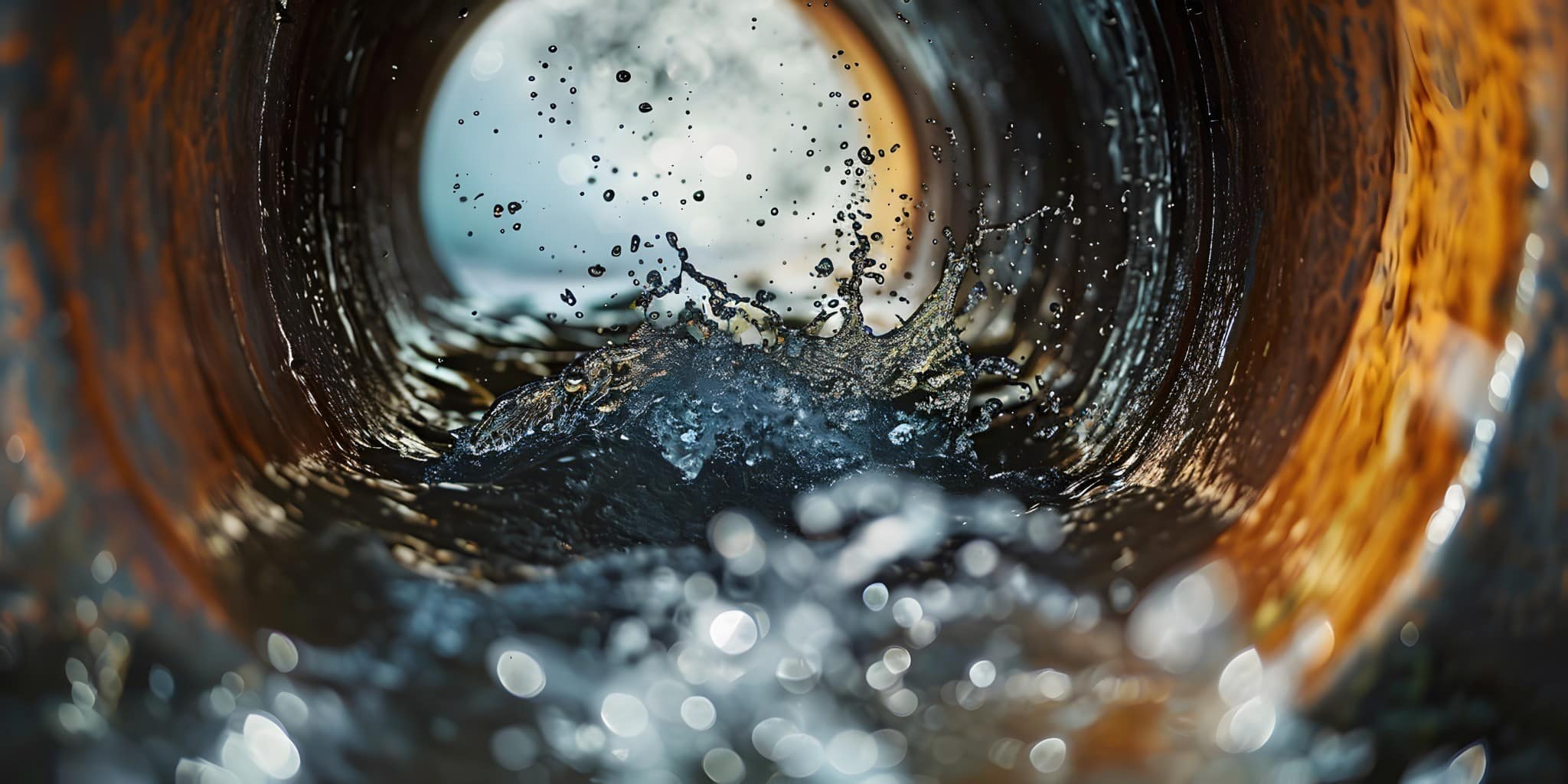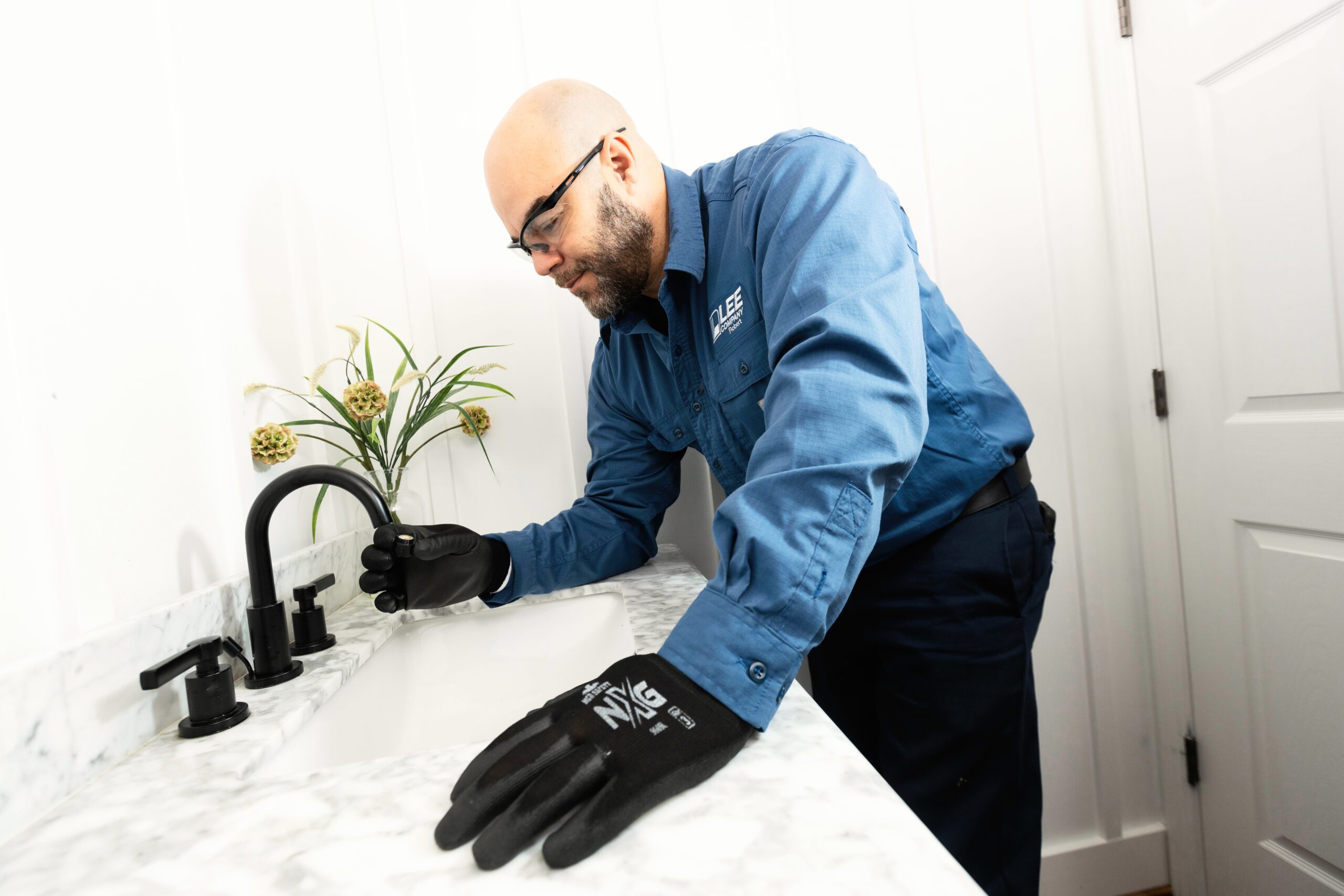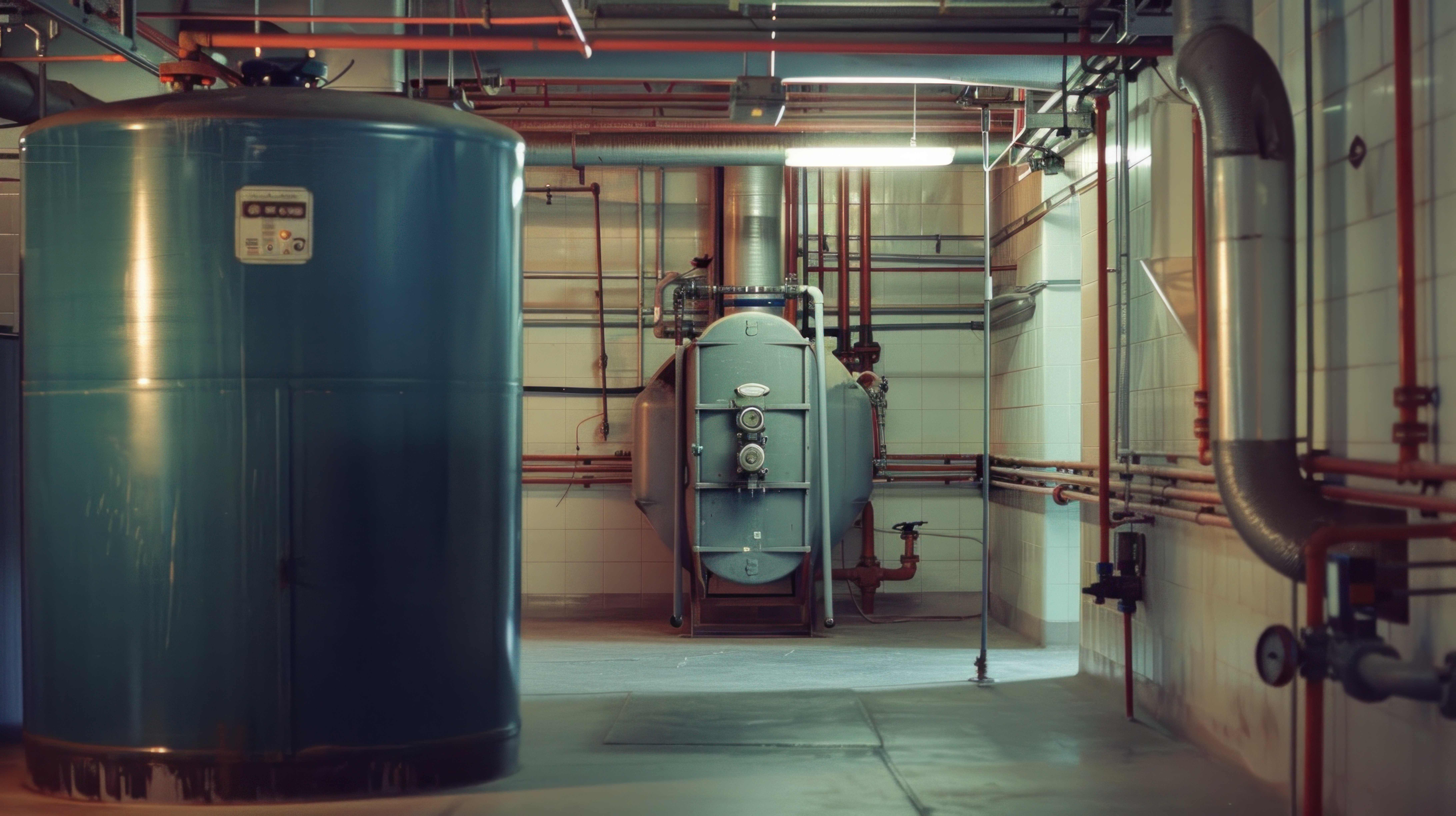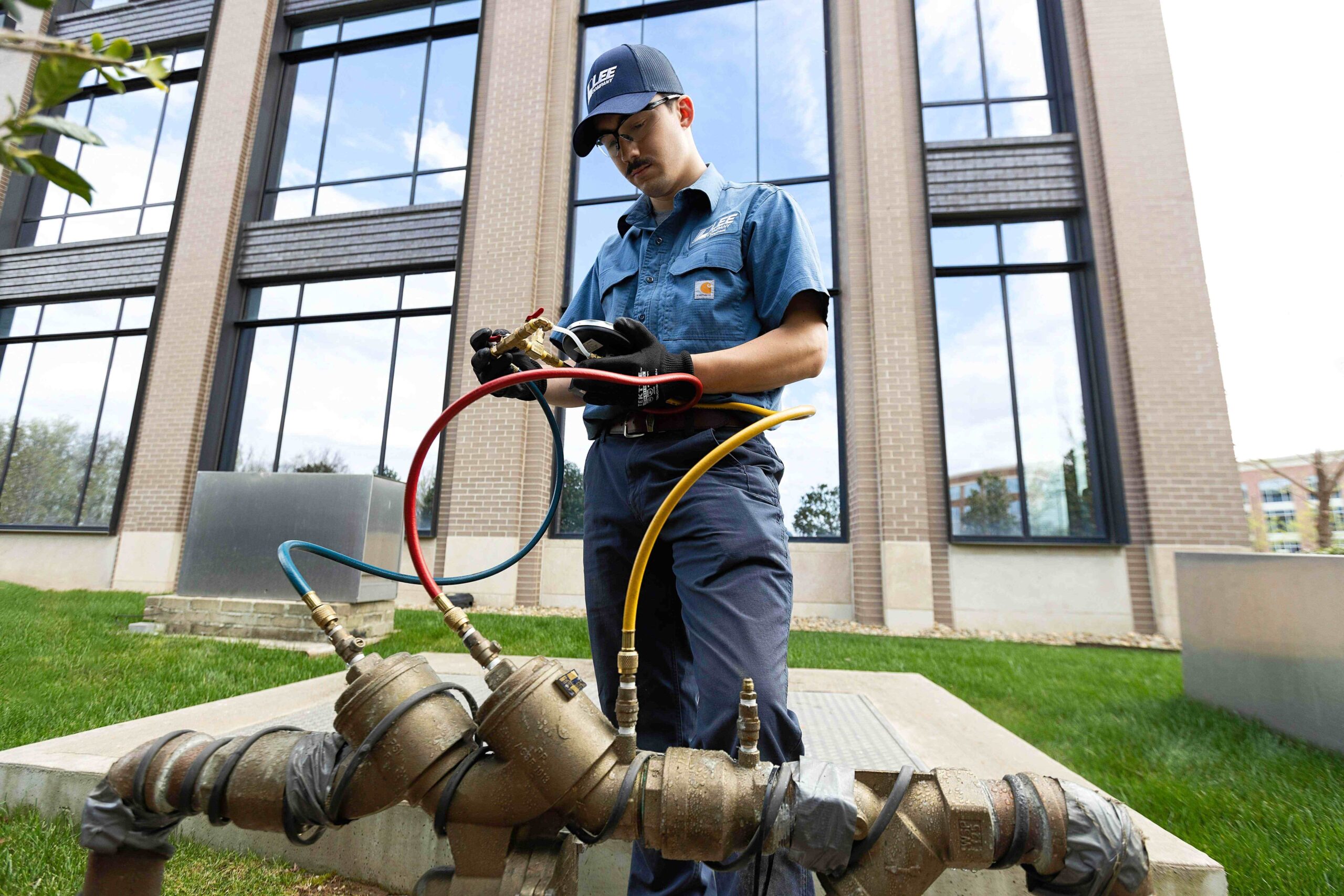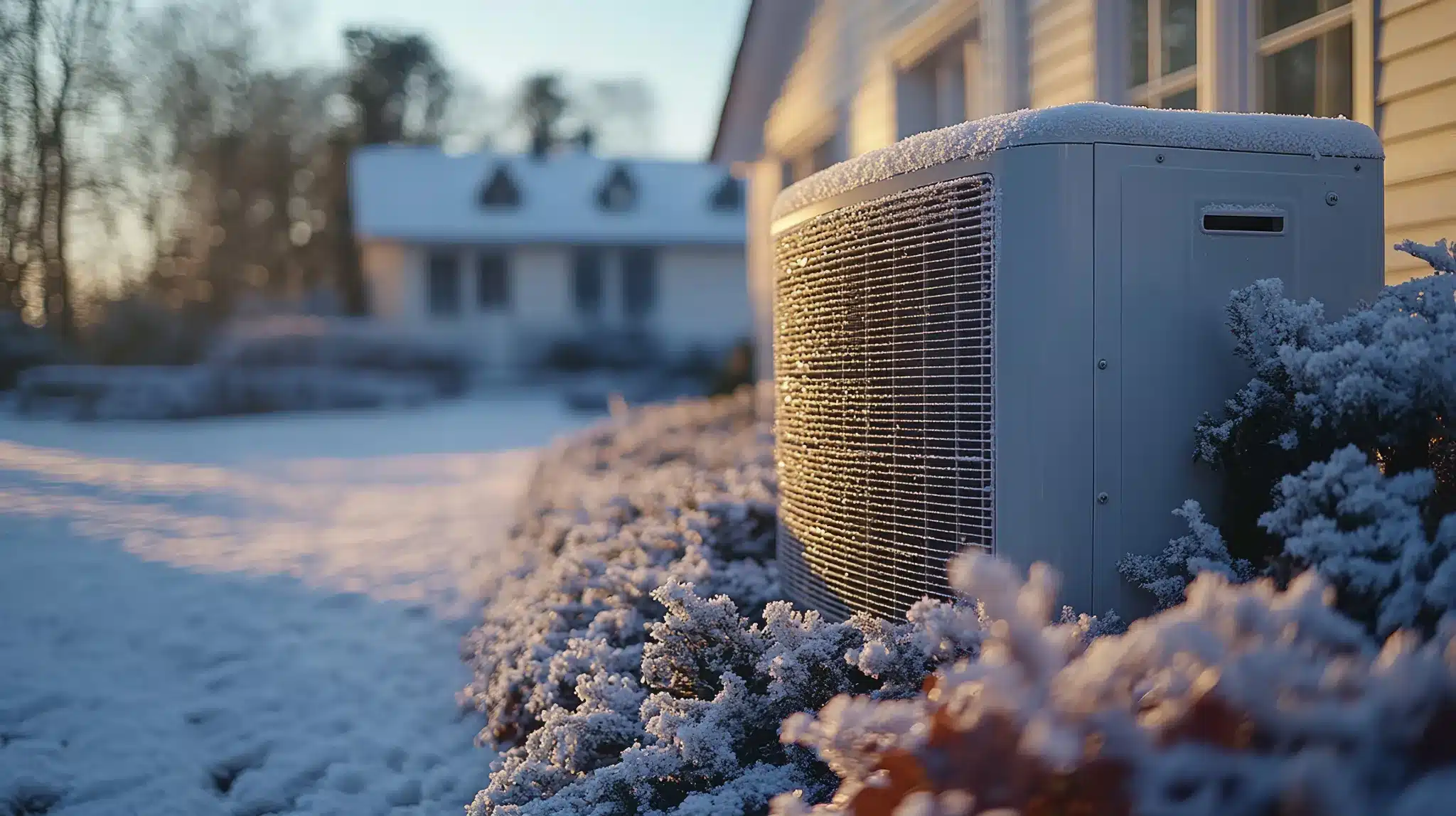Hard water refers to water with an excessive concentration of calcium and magnesium. In commercial buildings, these minerals leave stains, clog pipes, wear out equipment, and drive up utility and repair costs. Whether you’re managing a warehouse, school, hospital, or restaurant, those constant valve replacements and service calls might all trace back to untreated water.
Lee Company partners with commercial facilities across Tennessee, Alabama, Kentucky, and Georgia to deliver hard water treatment that helps reduce risk, protect equipment, and avoid costly system failures that disrupt operations and revenue.
If you’re weighing the benefits of a water softener for your facility, here are seven reasons commercial water treatment is worth every penny.
How Hard Water Damages Commercial Systems
If you’re constantly dealing with equipment downtime, rising utility costs, or unexpected plumbing repairs, hard water might be the cause. Over time, calcium and magnesium in untreated water leave behind scale that chokes your systems from the inside, reducing efficiency, damaging equipment, and inflating operating costs.
Let’s look at where those costs come from and why hard water treatment for business is a necessity.
Scale Buildup Inside Boilers, Pipes, and Water Heaters
Even a thin layer of mineral scale acts like insulation, preventing heat from transferring efficiently. Over time, it restricts water flow, causes equipment to overheat, and accelerates wear on gaskets, pumps, and heating elements.
According to the American Society of Plumbing Engineers, just 1⁄16″ of limescale on a boiler surface increases energy consumption by 11%. That hits your budget every single month.
Common issues caused by internal scale buildup:
- Boiler overheating and short cycling
- Blocked plumbing lines and valves
- Extended recovery times in water heaters
Appliance and Equipment Damage
Any appliance that uses water is susceptible to damage. In a hard water environment, mineral deposits reduce the lifespan of commercial dishwashers, steamers, ice machines, laundry units, and Heating, Ventilation, and Air Conditioning (HVAC) components. Filters clog faster, pumps wear out sooner, and your repair budget continues to balloon.
Have you noticed the same appliance being serviced again and again? Hard water may be the root cause.
Soap and Detergent Inefficiency
Hard water interferes with soap chemistry. It reduces lather, increases residue, and forces you to use more product for the same job. That means rising costs in your janitorial, laundry, or dishwashing departments, along with complaints about “musty towels” or “cloudy dishes” that don’t reflect well on your business.
Visible Mineral Deposits
First impressions matter. White crust on fixtures, spots on glassware, and streaky restrooms can hurt your image. In customer-facing environments like retail, food service, or hospitality, hard water scale is more than a plumbing maintenance problem. It’s a brand and reputation issue.
Hidden Utility Losses
Not all damage is visible. The Carbon Trust reports that just 1 mm of scale can increase boiler energy input by 7%. Scale buildup also reduces overall system heat transfer efficiency, forcing longer run times and driving up utility bills (especially in buildings with high water usage).
Long-Term System Failure
Unchecked mineral deposits don’t slow systems down. They destroy them. Scale contributes to corrosion, pipe clogs, and premature failure in boilers and water heaters.
Replacements aren’t just expensive. They often require disruptive shutdowns.
Investing in commercial plumbing solutions, such as professional water treatment, is one of the most cost-effective ways to prevent hard water damage. The longer you wait, the more it costs.
Top Benefits of Commercial Hard Water Treatment
Hard water may not seem urgent — until you’re replacing a $20,000 water heater two years ahead of schedule or fielding complaints about cloudy dishes from customers. A commercial water treatment system improves performance across your entire facility, from equipment longevity to energy bills and cleaning outcomes.
Here are seven real-world benefits of installing a professional hard water treatment system in your commercial building:
1. Improved Equipment Efficiency
Mineral buildup forces boilers, heaters, and chillers to work harder. Treated water keeps internal surfaces scale-free, allowing systems to transfer heat effectively and operate with less strain.
This translates to smoother cycles, shorter run times, and fewer operational headaches.
One industry study found that preventing scale on a 500-horsepower boiler can save up to $30,000 a year in energy costs. That alone is a powerful case for proactive water treatment.
2. Extended Equipment Lifespan
Hard water wears out parts faster. Pumps fail, valves stick, and heating elements degrade under constant mineral exposure.
Water softeners reduce this wear, meaning longer gaps between repairs and fewer capital equipment replacements. This maximizes building uptime and extends the life of what you already own.
3. Lower Utility Costs
Every degree of inefficiency adds up, especially in buildings with high water or energy demands. Untreated water actually raises heating costs and increases energy use.
According to research from New Mexico State University, heating hard water costs up to 29% more than softened water. Over time, that kind of waste can significantly drain your budget.
Commercial water treatment helps reduce energy consumption by improving system performance where it matters most.
4. Reduced Maintenance and Downtime
Hard water turns minor maintenance into major repairs. With water treatment in place, you’ll reduce emergency service calls, prevent last-minute shutdowns, and stabilize your maintenance schedule.
A 2007 Buildings article reports that using water softeners can cut water heating energy costs by 30%, saving roughly $2,916 annually per site. Adjusted for inflation, that would be closer to $4,548 in 2025, and that’s before accounting for rising utility rates and labor costs.
5. Improved Cleaning and Hygiene
Hard water interferes with detergents, leaving behind streaks, spots, and soap scum. Treated water requires less product and fewer rinse cycles, which is especially valuable in sectors like hospitality, food service, and healthcare, where cleanliness is non-negotiable.
Commercial hard water treatment can help you save on supplies while improving visual and hygiene outcomes.
6. Better Customer and Employee Experience
Water quality affects more than your equipment. It shapes how people experience your business.
Softer water improves the feel of handwashing, keeps bathrooms cleaner, and eliminates crusty fixtures. Whether it’s tenants, guests, or your own team, people notice the difference.
7. Sustainability and Regulatory Compliance
Water treatment helps reduce energy use and improve system efficiency, which supports company-wide sustainability goals.
It also ensures your facility meets industry and municipal water quality standards. This is especially important in sectors like healthcare, food service, and manufacturing, where compliance requirements are stricter. Treated systems last longer, waste less, and keep you audit-ready.
How to Know If Your Building Needs Water Treatment
Hard water damage builds slowly, adding friction to your systems and bloat to your budget. But if you know what to look for, the warning signs are right in front of you.
Ask yourself:
- Are you constantly repairing plumbing or replacing equipment ahead of schedule?
- Have utility costs crept up despite consistent usage?
- Are staff or tenants complaining about water quality, odors, or spotty fixtures?
Signs of hard water damage include:
- Frequent valve, fixture, or water heater replacements
- White, chalky scale on faucets or appliances
- Rising energy or water bills with no clear cause
- Soap scum, cloudy dishes, or poor cleaning results
- Staff or customer complaints about water quality
- Hot water usage that strains daily operations
- Failed inspections or pressure to meet compliance standards
These issues don’t happen in isolation. They’re typically symptoms of a system struggling to perform under the weight of mineral buildup.
If your building checks one or more of these boxes, it’s time to evaluate your setup. Hard water treatment protects your operations, your budget, and your ability to plan ahead.
A professional commercial water treatment assessment can reveal exactly where the problems are and what it will take to fix them. For most facilities, the return on investment begins immediately and continues to build over time.
Case Study: Solving Water Quality Issues in Industrial Cooling Systems
An injection molding manufacturer experienced repeated air compressor failures despite a $35,000 cleaning and ongoing chemical treatment. Scaling and fouling were likely to blame.
Lee Company delivered a long-term fix:
- Installed a closed-loop system with a pump, heat exchanger, and permanent water treatment
- Connected it to the existing open-loop cooling source
- Delivered a skid-mounted commercial water softener for fast installation to avoid downtime
Results included:
- Major improvement in compressor reliability
- Reduced fouling and simplified upkeep
- Improved water quality without overhauling the entire cooling system
To support long-term performance, this type of solution can be integrated into a Facilities Maintenance & Management Plan with scheduled inspections and digital system monitoring.
This case study is a clear example of how targeted commercial water treatment protects high-value equipment and prevents repeat failures.
We bring this level of commercial water treatment to hospitals, manufacturing plants, hotels, and beyond. If your team is troubleshooting the same equipment issues repeatedly, is it time to consider whether hard water could be the cause?
Protect Your Systems and Your Bottom Line
Since 1944, we’ve helped commercial facilities across the Southeast avoid costly equipment failures, manage energy use, and stay ahead of regulatory demands. Our licensed technicians design and install tailored water treatment systems that integrate seamlessly into your overall facility strategy.
Whether you’re managing a warehouse, healthcare campus, school, or restaurant, untreated water could be undermining your efficiency in ways you can’t afford to ignore. Let us fix that by:
- Identifying hard water risks before they escalate
- Extending the life of your plumbing and equipment
- Giving you transparent service with measurable results
Schedule your commercial water assessment with us today!
